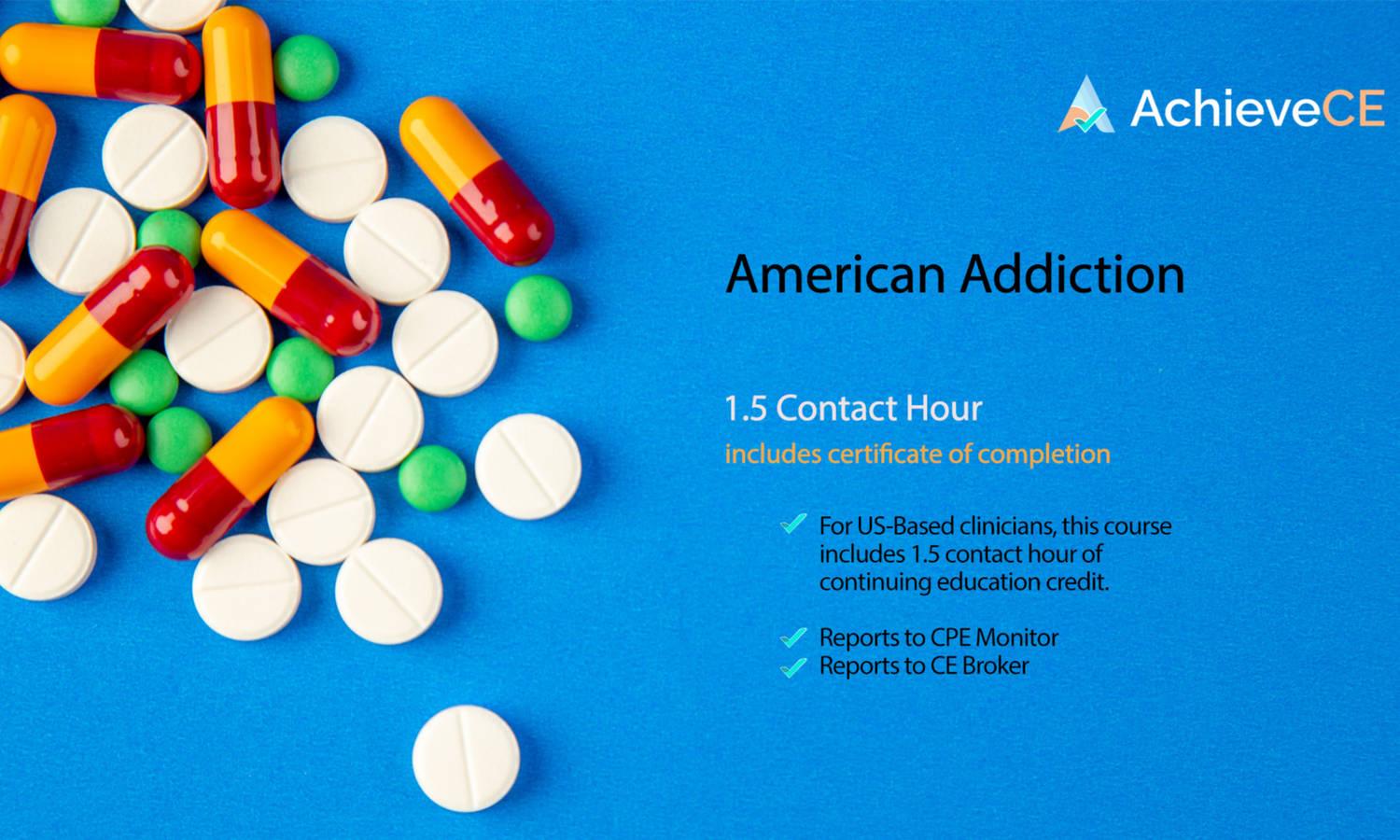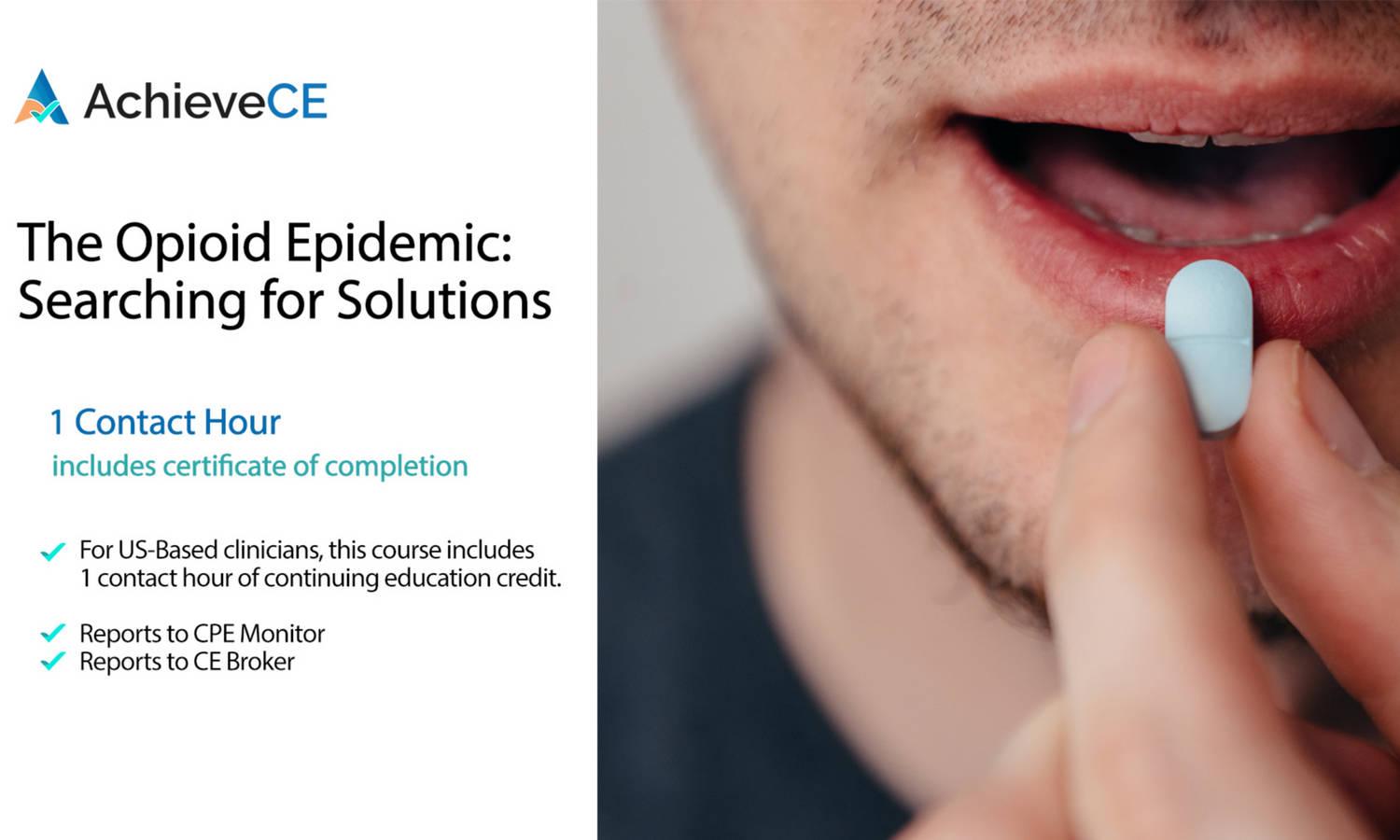
Disruptive, Impulse Control, and Conduct Disorders (DIC): Evidence-Based Treatment Techniques
 hosted byE Care Behavioral Health Institute
hosted byE Care Behavioral Health InstituteDisruptive, Impulse Control, and Conduct Disorders (DIC): Evidence-Based Treatment Techniques is organized by E Care Behavioral Health Institute.
Overview:
This group of disorders can cause individuals to behave aggressively with explosive anger directed to other people or property. Controlling emotions and following rules or laws are common problems for people with these diagnoses. Approximately 6% of children have one of these disorders. These diagnoses are more common in males than females and often begin in childhood or adolescence. While the exact cause is not well understood, individuals with these disorders have often experienced harsh parenting, physical or sexual abuse, or parents who had addiction issues or problems with law enforcement. The explosive behaviors tend to occur frequently, across different situations and settings, and can cause significant impairment in the individual’s daily functioning, schooling or work, and in their relationships. (Source: CRG)
Oftentimes adolescents who display behavioral problems are written off and labeled as “bad”, “unreachable”, or “lost causes” by society. Caretaker who frequently struggle with youth displaying these issues are usually exasperated by their behavior and are at their wits end on how to help their children.
In this presentation, Crystal Lockett-Thomas will discuss how can Clinicians effectively treat this population, providing them with an opportunity to become productive and prosocial citizens of society.
Objectives:
• Discuss the historical context of how adolescents develop such disorders.
• Assess how these disorders affect the family unit and community at large.
• Explore evidence-based treatment techniques and interventions to practice in the clinical setting.
• Demonstrate effective techniques with clients and their families to help manage and reduce symptomology.
• Identify methods that allow continuity of care with all service providers involved with youth who display such behavioral criteria.
• Recognize community resources and structured programs to support youth and their families.
Additional details will be posted as soon as information is available.









